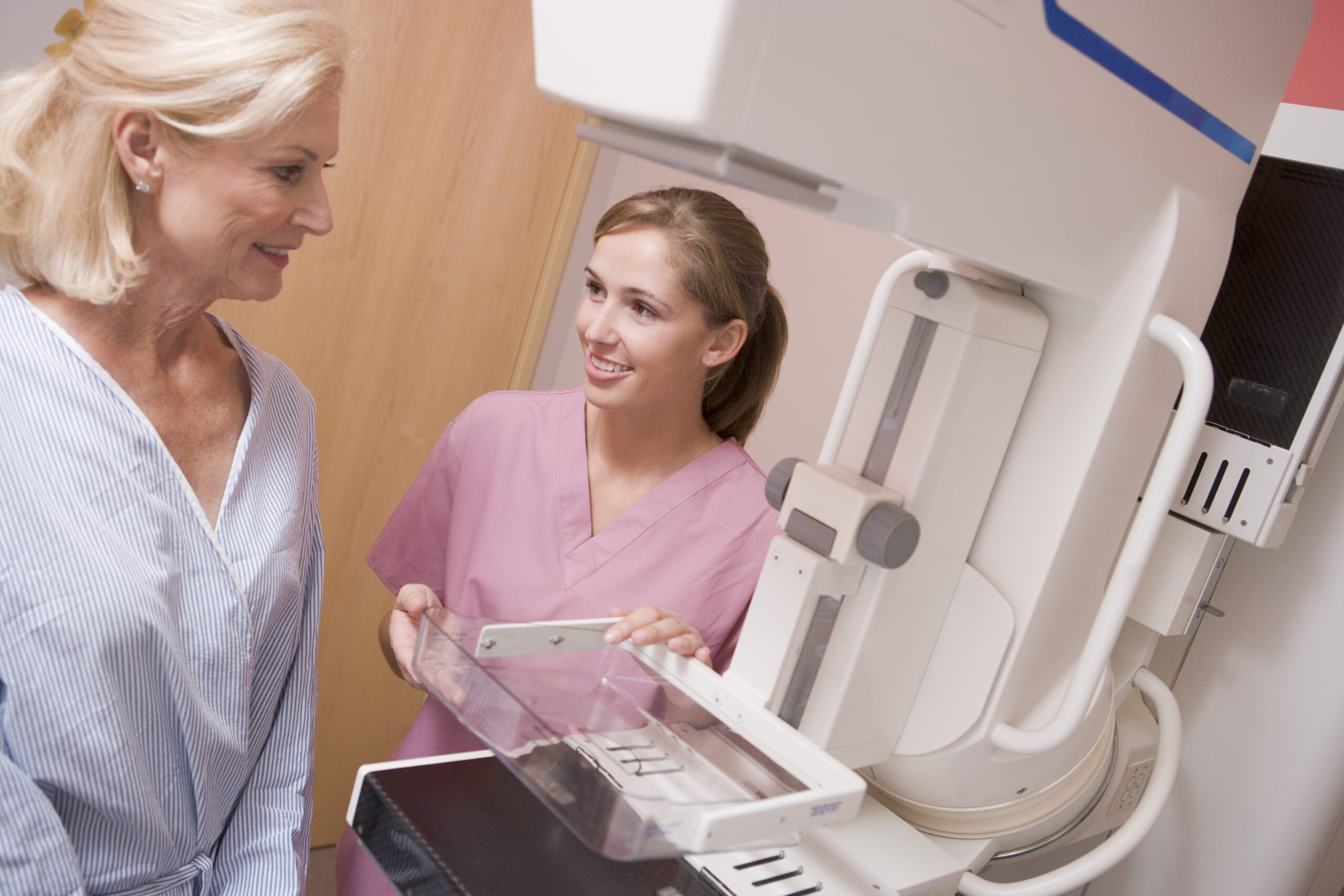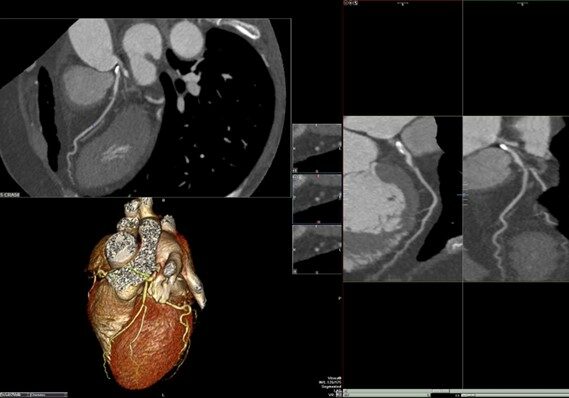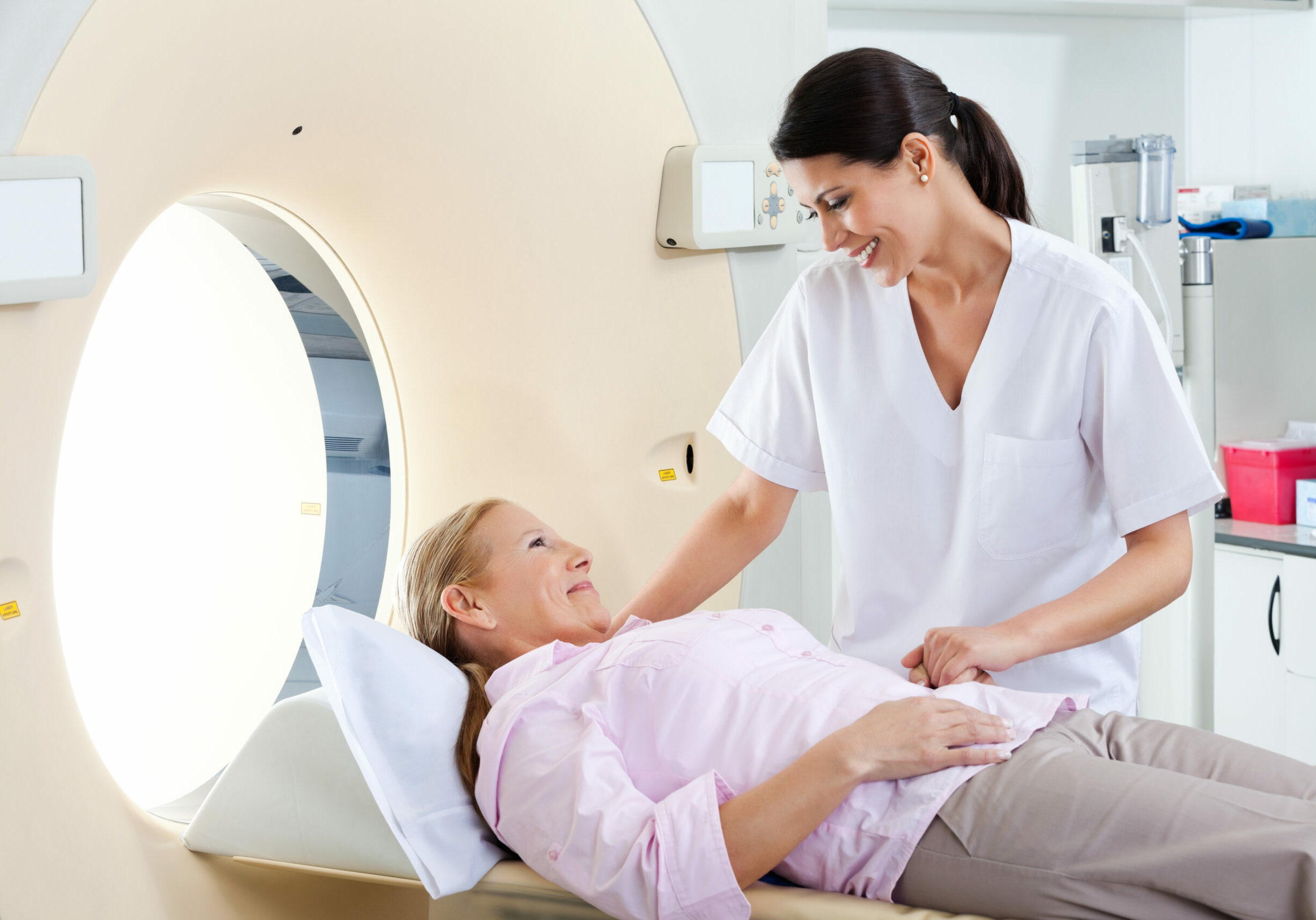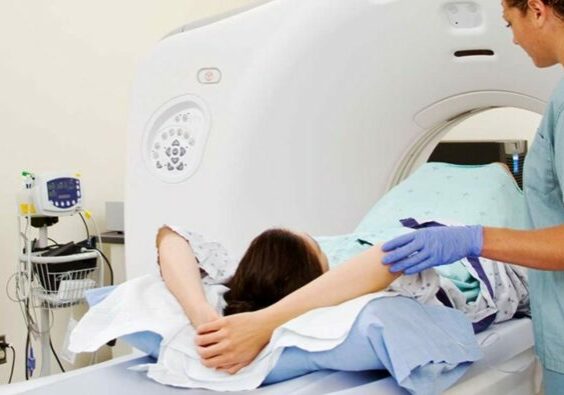
The Cullinan Assessment
Our dedicated female health assessment
Less than 2.5% of publicly funded research is currently devoted to the whole area of female health conditions, so tests, treatments or new medicines are not becoming available rapidly enough. In most cases women must manage their symptoms as best they can with whatever lifestyle changes, medicines and therapies are available to them.
This inspired us to develop the Cullinan Assessment - building it from the ground up with women in mind.
Women’s experience of various disease is different because:
- Women’s symptoms are often milder, they can arise later in the illness, and they can be unusual.
- Because heart disease in women often goes undetected, the damage caused can be more advanced and outcomes can be poorer than for men.
- Some tests used to diagnose heart disease are also less accurate in women than they are in men.
- Women may experience a heart attack with no symptoms of chest pain. They may experience nausea or vomiting, which are oftentimes confused with acid reflux or the flu.
- Clinicians believe that the decline in bone density and its complications solely affect postmenopausal women, which may create health disparities. However, osteoporosis and its complications affect both genders but at different ages and rates. Osteoporosis is four times more common in women than in men, but some evidence indicates that men tend to have more osteoporosis-related complications.
- Since the early 1970s, lung cancer mortality rates have decreased by almost a third (31%) in the UK. Rates in females have increased by more than three-quarters (77%), and rates in males have decreased by around three-fifths (59%) (2017-2019).
The Cullinan Assessment is dedicated to women who are 40 years old or above and is designed to detect signs of early disease associated with this stage of life, along with those diseases that are the leading causes of premature death in women – coronary heart disease, lung disease, breast cancer and ovarian cancer, and osteoporosis.
It doesn’t consider statistical analysis, but rather looks inside the body of the woman in incredible detail to determine confidently if there are any signs of early disease.
The Cullinan assessment is designed as a holistic experience, with body and soul in mind. In addition to the highly detailed health assessment, our clients benefit from a chauffeur-driven round trip transfer within 100 miles of our Harley Street clinic and an overnight stay at one of London's top 5* hotels, including a natural oil deep relaxation massage.
Details of what’s included
The price of the Cullinan Package is £7,000.

Case Study
One of our previous clients who had benefitted from our health assessments was a 62-year-old female. She was fit and stayed active, quite often going on walks. In a regular health check with her doctor, she was asymptomatic and had no discernible cardiac risk factors. Her statistical 10-year risk of a heart attack was only 3.2%. She also had normal levels of total cholesterol, and low levels of LDL cholesterol (the ‘bad’ cholesterol).
Despite these positive signs of her heart health, she was very keen to have one of our health assessments. The CTCA heart scan that was performed, returned with an image that was less than ideal. A blockage was found, covering 99% of her main cardiac artery.
Once we have discovered this blockage, we were able to refer her to a cardiologist and she underwent a procedure promptly to put a stent which resolved the potential high-risk had this issue not been detected at all. Our client still continues to enjoy her walks and keeps active but has full peace of mind knowing that her heart health is going strong.
Additional Reading

Coronary Heart Disease In Women
Women are twice as likely to die of coronary heart disease (CHD), the main cause of a heart attack, as breast cancer in the UK and was the single biggest killer of women worldwide in 2019. Despite this, it’s often considered a man’s disease.
There are more than 800,000 women in the UK living with CHD, and sadly, around 80 women die from a heart attack every day in the UK – almost 30,000 women every year. That is almost 3 x as many who die from breast cancer.
But despite these sobering statistics, many women are unaware that they might be at risk of heart disease. As a woman, your hormones might give you some protection from CHD in your pre-menopause years, but after the menopause, the risk rises and continues to rise as you get older.
Lung Cancer In Women
Over the last 40 years, lung cancers cases have increased by 84% in women compared to a decrease of 32% in men.
While smoking remains the biggest single risk factor, 20% of women developing lung cancer have never smoked, vs 12% in men.
The reasons for this discrepancy and increasing rates in non-smokers is unknown.
Low dose CT scanning is the gold standard for screening for lung cancer. Chest x-rays are too insensitive and by the time a lung cancer appears on a chest x-ray it will almost certainly have already spread making chance of a cure very low.


Osteoporosis In Women
Estrogen is a strong protector of bone density and therefore the onset of the menopause with lowering of estrogen levels often leads to a rapid thinning of bone density and increased risk of fracture. This is at both the spine with vertebral fractures causing severe pain, loss of height and curvature of the spine, and also the hip. Fracture of the hip is a major cause of hospital admission in elderly women with high mortality resulting from the associated immobilisation and complications of surgery (hip replacement). Taking HRT can prevent these changes and maintain bone density.